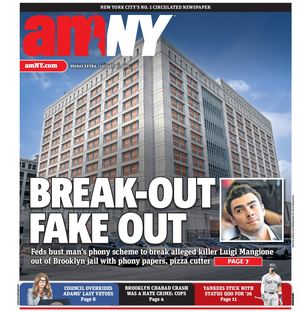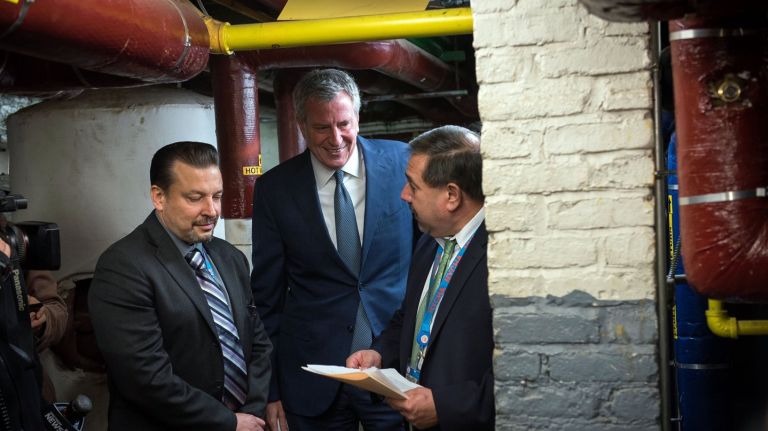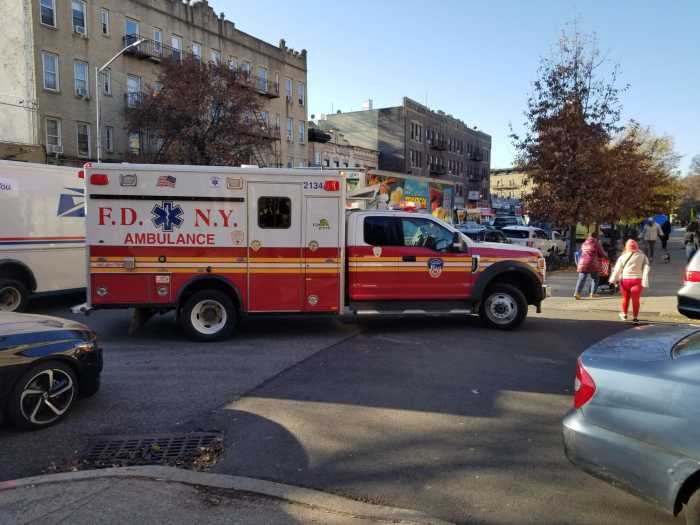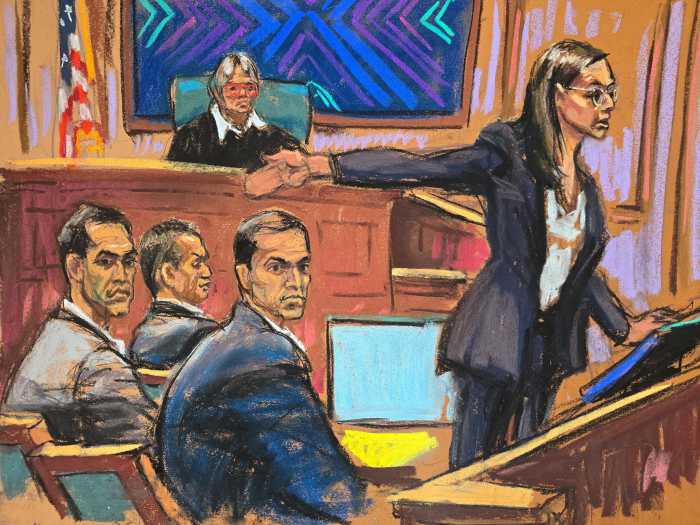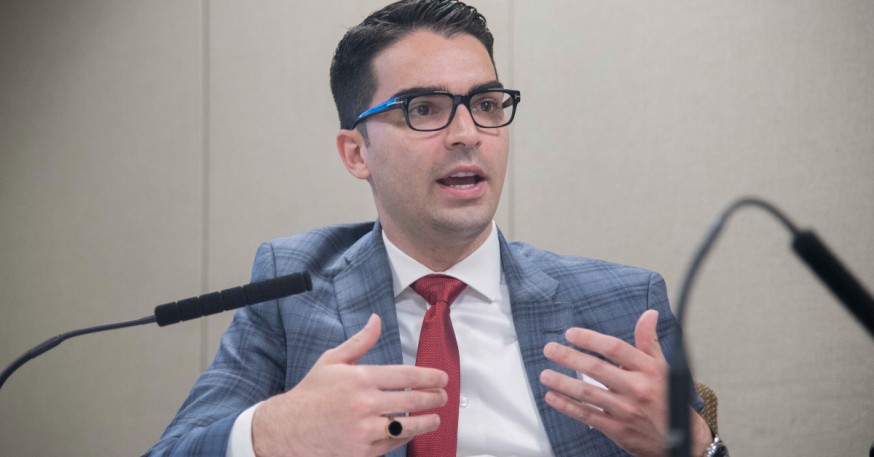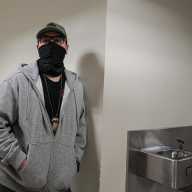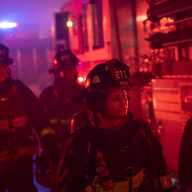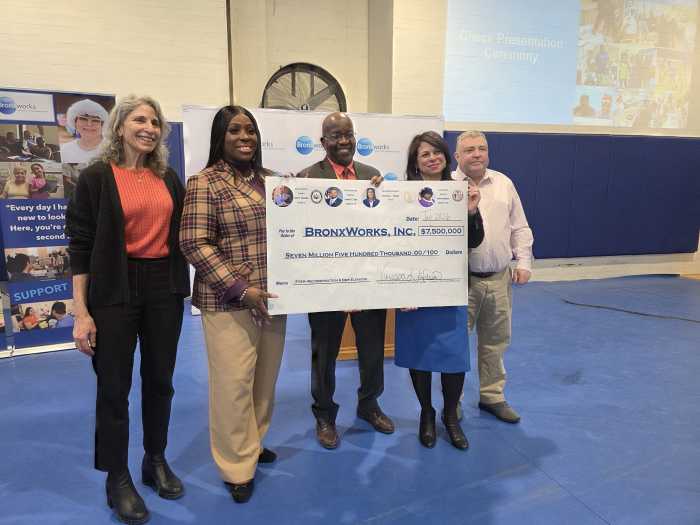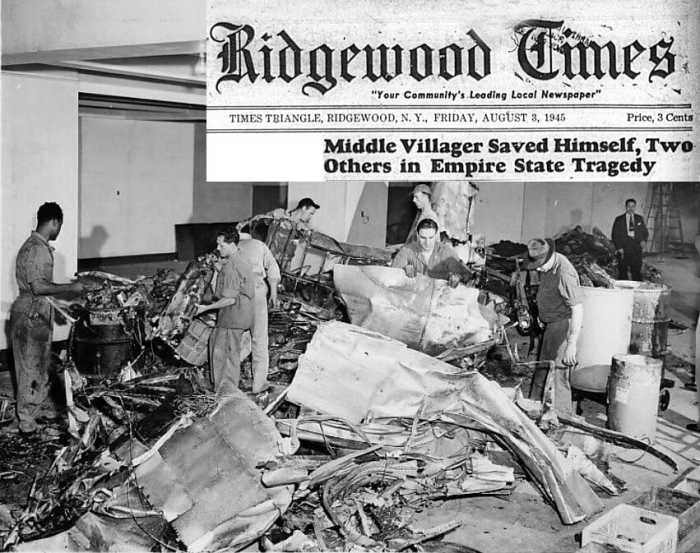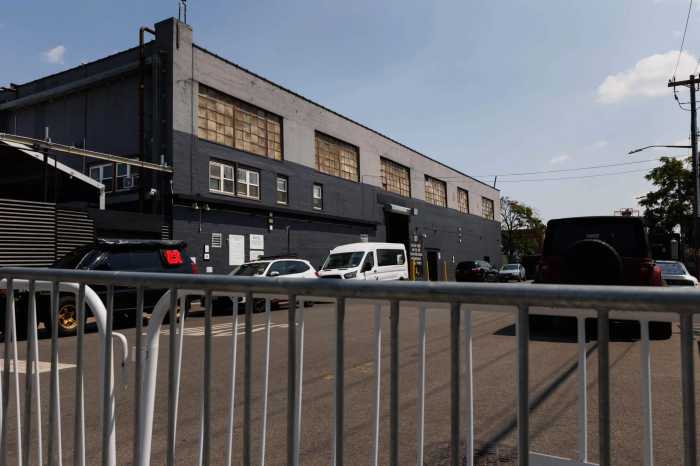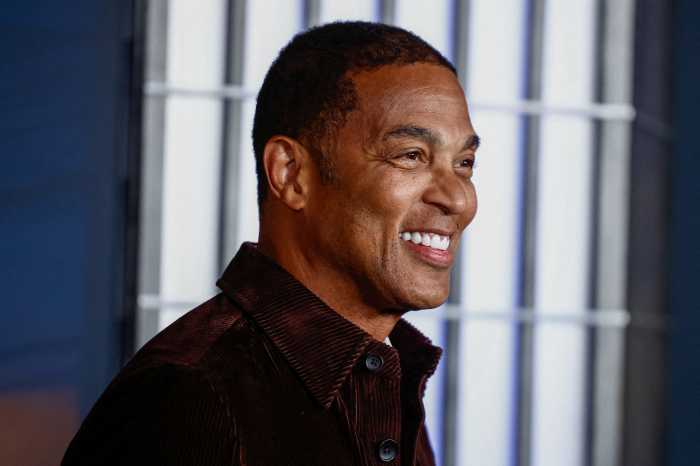
What’s gonna change?
That’s the question many city residents have to ask about the latest plans for the New York City Housing Authority.
On Thursday, Mayor Bill de Blasio and Ben Carson, the secretary of the Department of Housing and Urban Development, unveiled an agreement with NYCHA and the U.S. attorney’s office to settle the Justice Department’s wide-ranging legal action against the landlord of 400,000. A complaint filed in federal court in June listed a damning collection of NYCHA woes, from lying about lead-paint compliance to awful conditions of mold and vermin. The agreement is meant to be a new way forward.
It’s the second attempt to settle the federal suit. A previous agreement was nixed in November by Judge William Pauley, who told the parties to do better. Good for Pauley, who was instrumental in weeding through the same old, same old with NYCHA, and keeping up the pressure.
Unfortunately, the new agreement does not include nearly enough money. NYCHA has capital needs of more than $30 billion, according to the city. Yet the deal includes no new HUD money. The city is set to pitch in more than $2 billion over 10 years — a start that won’t solve NYCHA’s problems alone. NYCHA has been mostly funded (and recently underfunded) by the federal government, which must fork over billions if it means business about real change.
The new agreement has many of the features of the June deal, with some tweaks, such as fleshed-out deadlines for removing lead. It will bring new leadership to NYCHA, plus a monitor to enforce the agreement.
With no new federal money and similar outlines to the old June settlement, NYCHA residents are right to ask whether anything will really change. Much will depend on the diligence of the new management and the federal monitor.
While a monitor is better than a full federal takeover, which would limit local control, he or she should make sure it’s not business as usual at NYCHA. Hold management accountable — that will be the first big change.
